
7 Key Tips for Navigating Rulebooks in Tabletop RPG

Navigating rulebooks in tabletop RPGs can feel like a quest of its own. These hefty guides are packed with game mechanics, character creation steps, and world-building lore that sometimes overwhelm even seasoned players. For new adventurers, just opening one can feel like staring into an ancient tome written in another language. But here’s the truth: mastering the rulebook is not about memorizing every page. It’s about learning how to find what you need quickly, use the rules to support the story, and collaborate with your group for a smooth game.
This guide breaks down seven practical tips to help you handle the complexities of tabletop RPG rulebooks, so you can spend less time flipping through pages and more time rolling your favorite DND dice sets, crafting characters, and sharing unforgettable adventures.
Tip: Keep a premium gemstone dice set for milestone checks, a handcrafted resin dice set for everyday rolls, and a metal dice set when you want extra heft.
The Foundations - Understanding Rulebook Structure
Rulebooks serve as the backbone of TTRPGs, offering a comprehensive guide to game mechanics, character creation, and world-building. Understanding the structure of these tomes is the first step in navigating their depths.
Deciphering Jargon - A Lexicon for Adventurers
Rulebooks are full of terms like saving throw, initiative, or challenge rating that might confuse beginners. Even experienced players sometimes stumble when switching systems.
Here are a few strategies to help:
- Use the Glossary: Many rulebooks include a glossary or index—bookmark it for quick reference.
- Ask the Community: Online forums, wikis, and Discord groups are full of players who love explaining rules.
- Session Zero Discussions: Before the campaign begins, talk through confusing terms as a group. Making sure everyone understands the basics prevents mid-session slowdowns.
Treat jargon like learning a dialect of your favorite fantasy language. Once you know the common words, the rest comes naturally.
Character Creation Mastery - Crafting Your Adventurer
One of the most exciting parts of RPGs is creating a character. Rulebooks lay out the process step by step, but even then it can feel overwhelming.
Tips for smoother character creation:
- Follow the Guide Closely: Don’t skip steps—rulebooks are designed to help you build a complete and playable character.
- Use Character Sheets: Whether physical sheets or digital tools, these help organize stats, abilities, and gear.
- Expand with Supplements: Many games publish companion books that add new races, classes, or powers. Once you’re comfortable, these options give you more room for creativity.
A great set of DND dice, whether resin dice for casual sessions or gemstone dice for a premium feel, adds excitement during this stage. Rolling ability scores or making attack rolls feels more personal when the dice match your adventurer’s style.
The Art of Reference - Annotating and Bookmarks
Nothing slows down a session faster than someone spending ten minutes flipping through a book. Good referencing habits keep the game moving.
- Annotate Your Rulebook: Sticky notes, highlights, and handwritten reminders can save you time later.
- Digital Tools: PDFs with search functions, hyperlinks, and bookmarks are excellent for quick access.
- Quick Reference Sheets: Many DMs create condensed guides that summarize the most common rules for players.
Think of it as crafting your own “spellbook” of notes. The better your organization, the less time you’ll spend searching mid-game.
Session Zero - Aligning Expectations and House Rules
Before you embark on a full campaign, run a Session Zero. This pre-game meeting ensures everyone is on the same page and understands how the rules will be applied.
During Session Zero, you can:
- Discuss Tone and Themes: Are you playing lighthearted fantasy, grim survival, or epic high magic?
- Establish House Rules: Many groups tweak rules for flavor or simplicity. Decide these early to avoid confusion later.
- Clarify Ambiguities: If a rule isn’t clear in the book, agree on how you’ll handle it.
This step helps prevent disagreements at the table. A shared understanding of the rules makes the actual sessions run much more smoothly.
Digital vs. Physical - Choosing Your Rulebook Format
The format of your rulebook changes how you use it at the table. Both physical and digital versions have advantages.
- Physical Rulebooks: They’re immersive and easy to flip through. Many players enjoy the weight of a real book and the way physical pages stick in memory.
- Digital Rulebooks: Portable, searchable, and convenient. Perfect for traveling gamers or quick mid-session lookups.
- Hybrid Approach: Many players keep the physical book at home for study and immersion, while using digital copies during fast-paced sessions.
Neither is “better”—it’s about what works for your group. Some players even use dice trays and premium gemstone dice alongside digital rulebooks, creating the best of both worlds.
Rulebook Etiquette - Collaboration at the Table
Navigating a rulebook isn’t a solo effort. Good etiquette ensures the group runs smoothly and everyone stays engaged.
- Share Access: If one person has the book open, avoid crowding. Take turns or prepare photocopies of key sections.
- Keep Communication Open: If you’re not sure about a rule, ask. Don’t argue—look it up together.
- Treat Rulebooks with Care: Whether it’s a shared copy or your prized collector’s edition, handle it respectfully.
Rulebooks are tools, just like your dice. Treating them well ensures they last through many campaigns.
Beyond the Basics - Expanding Your Rulebook Knowledge
Once you’re comfortable with the core mechanics, explore the advanced sections of your rulebook.
- Optional Rules: Many systems include variants for gritty realism, epic heroics, or unique campaign settings.
- DM Tools: Entire chapters often cover world-building, encounter design, and storytelling advice.
- Campaign-Specific Rules: Some games include rules tied to a particular setting—perfect for groups that want a deeper connection to lore.
This is where the rulebook becomes more than just instructions. It transforms into a toolkit for creativity.
Community Resources - Tapping into Collective Knowledge
You don’t have to learn the rulebook alone. The tabletop RPG community is a massive source of guidance and creativity.
- Online Forums and Wikis: Great for clarifying confusing rules or seeing how other groups interpret them.
- Podcasts and Streams: Watching experienced groups play can teach you not just the rules but also how they come alive in practice.
- Official Errata and FAQs: Publishers often release updates to clarify or adjust rules. Staying current ensures your game runs smoothly.
Just like comparing different resin dice and gemstone dice sets before choosing the perfect one, exploring community perspectives helps you refine your approach to rulebooks.
Conclusion
Rulebooks can seem intimidating at first glance, but they’re really guides to creativity, imagination, and shared storytelling. The better you understand how to navigate them, the easier it is to focus on the game itself—rolling dice, crafting stories, and laughing with friends.
Whether you prefer flipping through a heavy hardcover rulebook or scrolling through a searchable PDF, the key is making the rules work for your group. Annotate your books, set clear expectations, and lean on the community for support when questions arise.
In the end, rulebooks aren’t walls to climb over, they’re bridges into worlds of adventure. May your pages be well-worn, your resin or gemstone dice roll true, and your games bring you tales worth retelling.

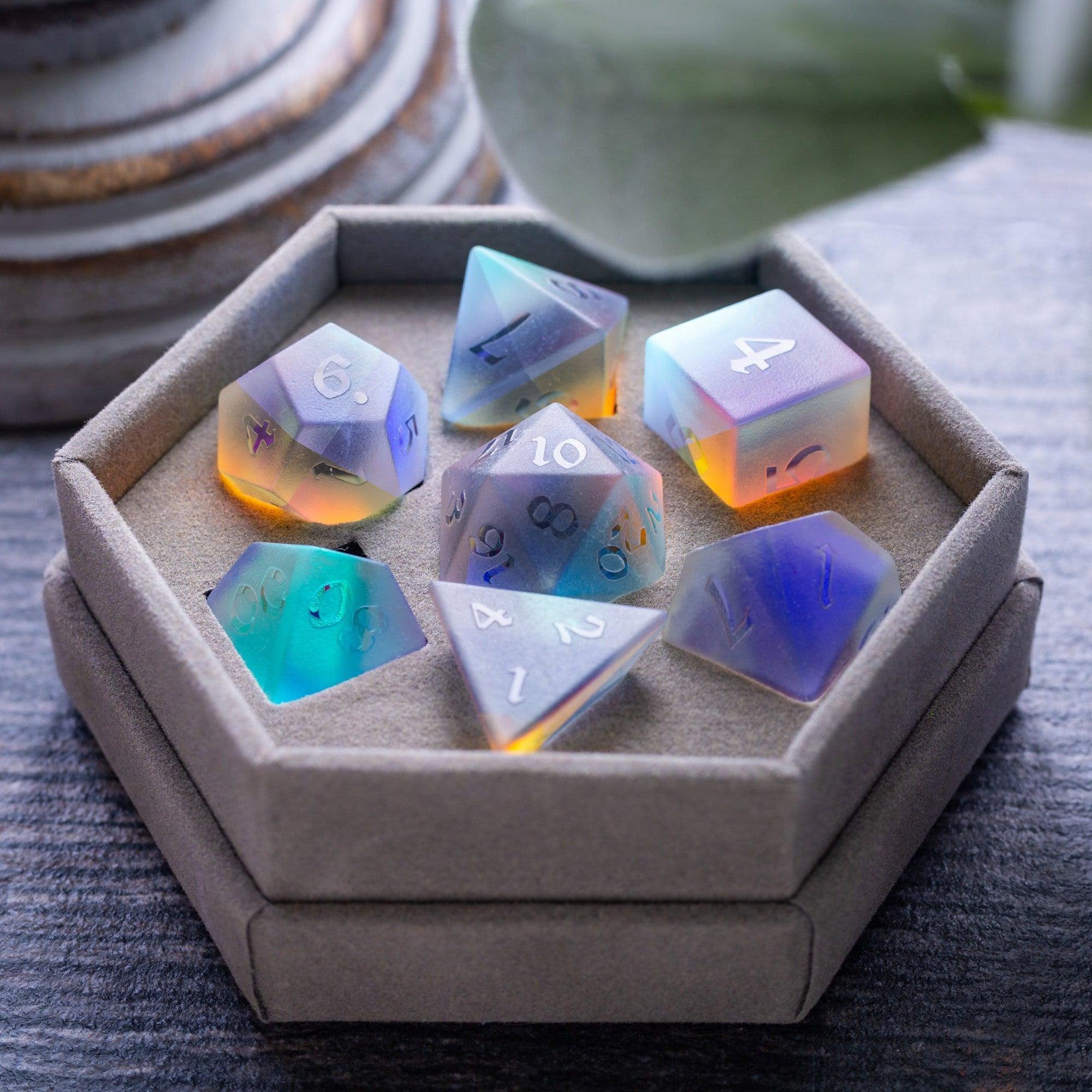



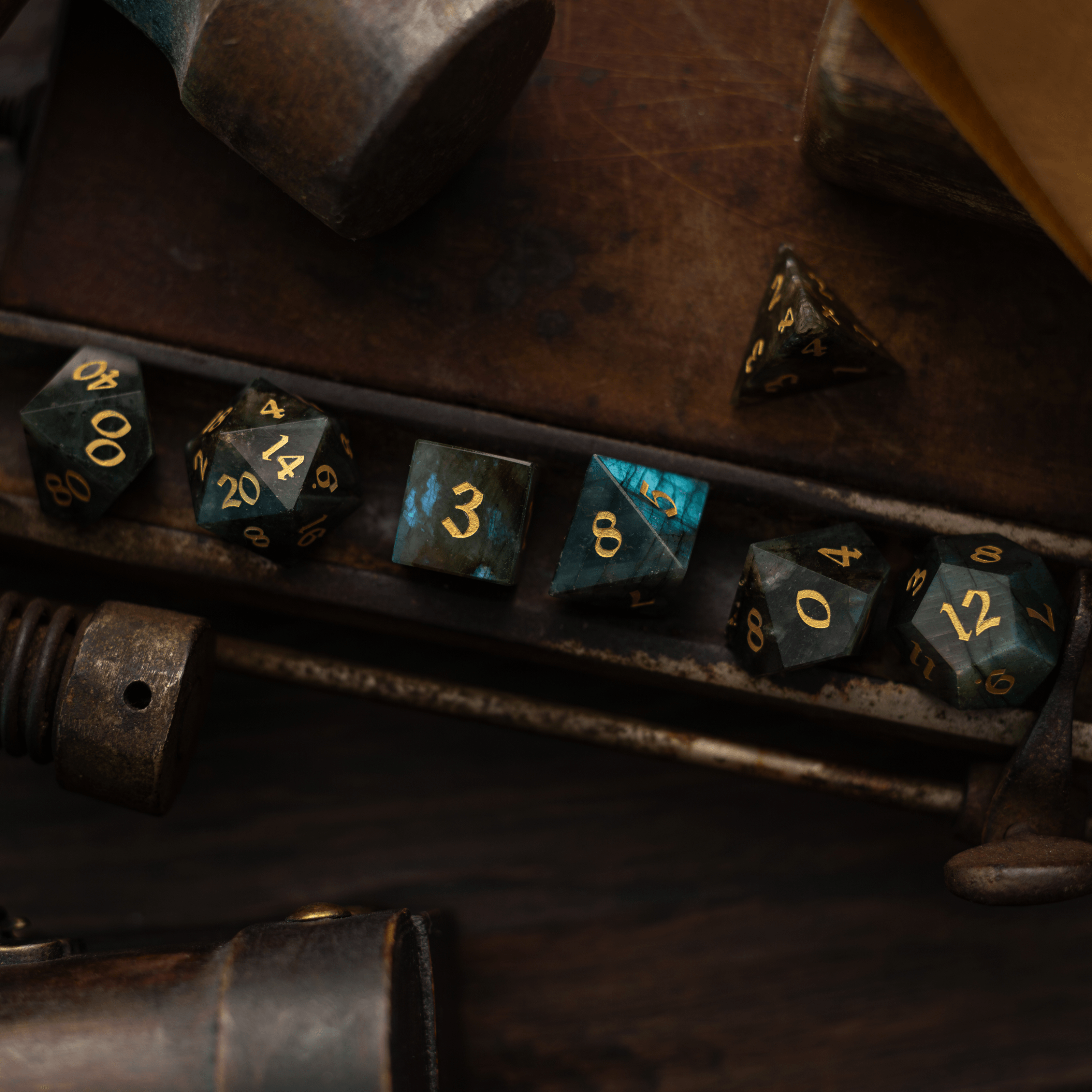
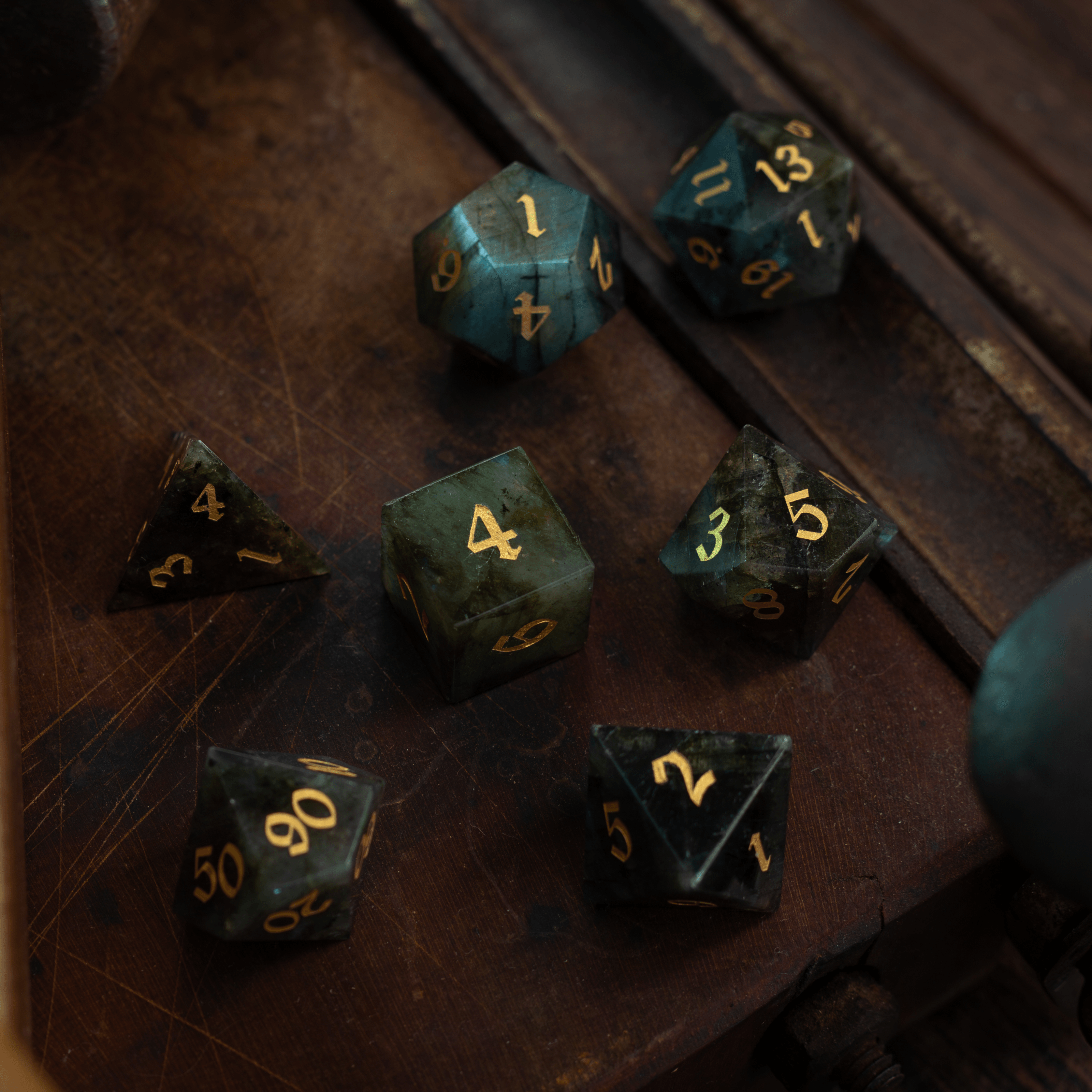




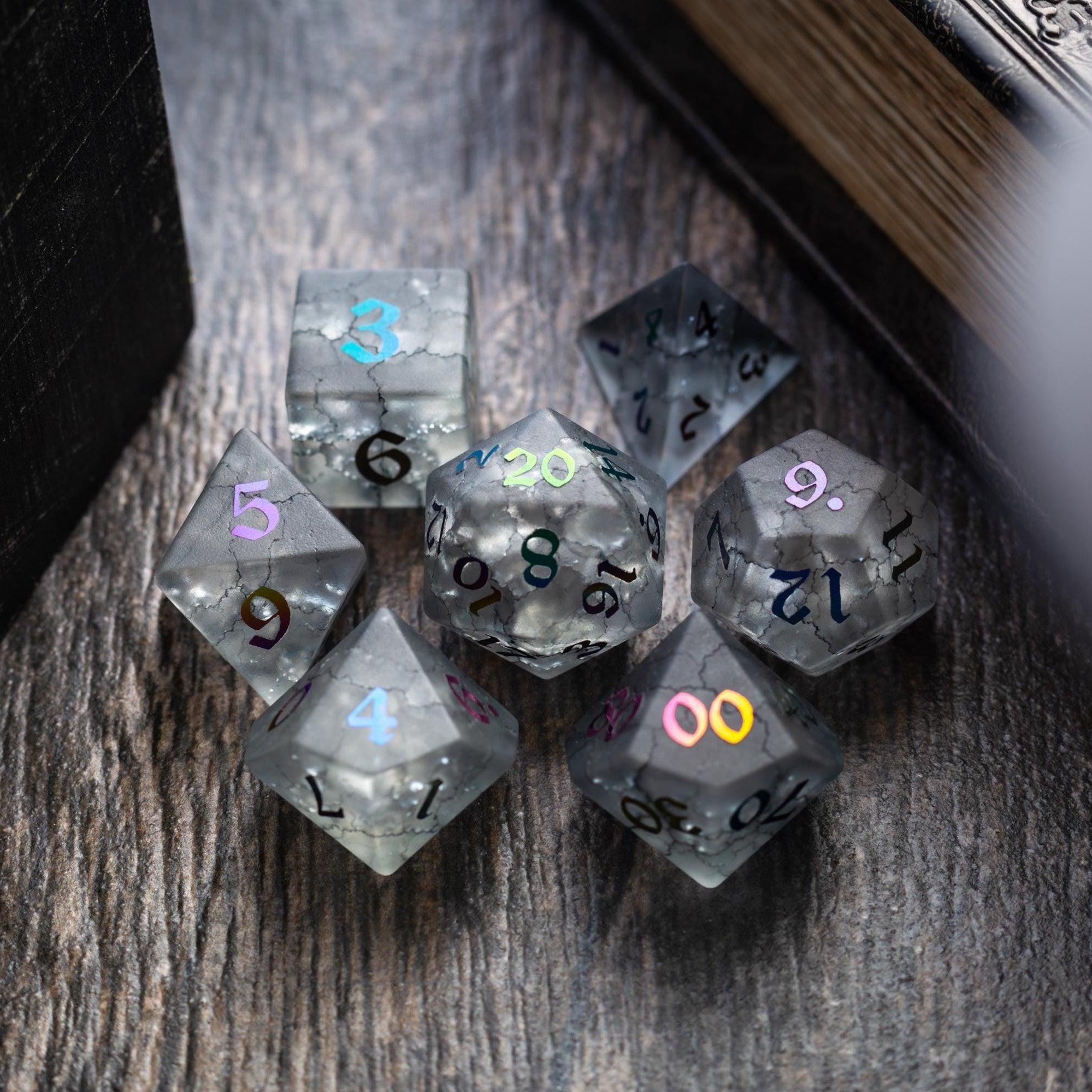
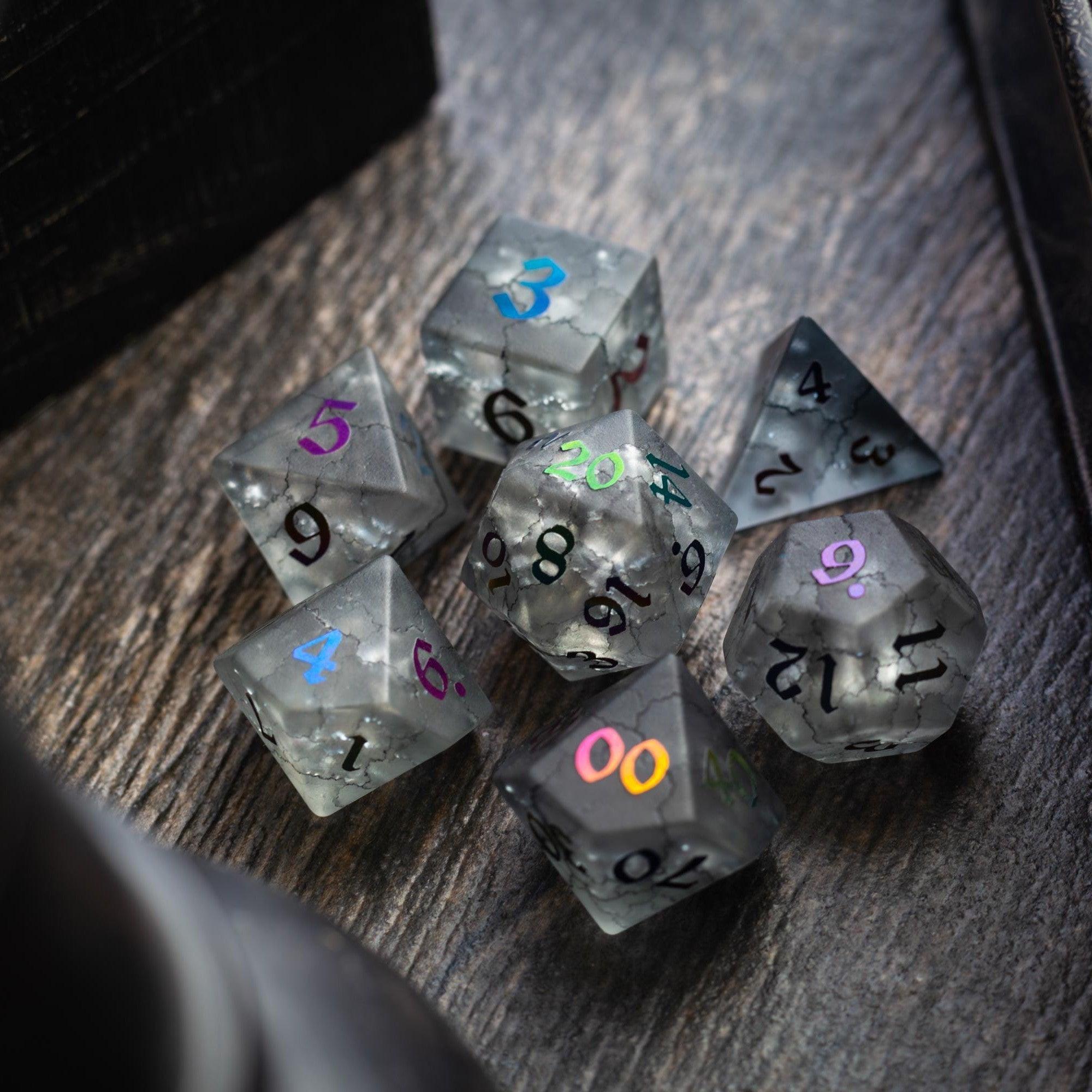


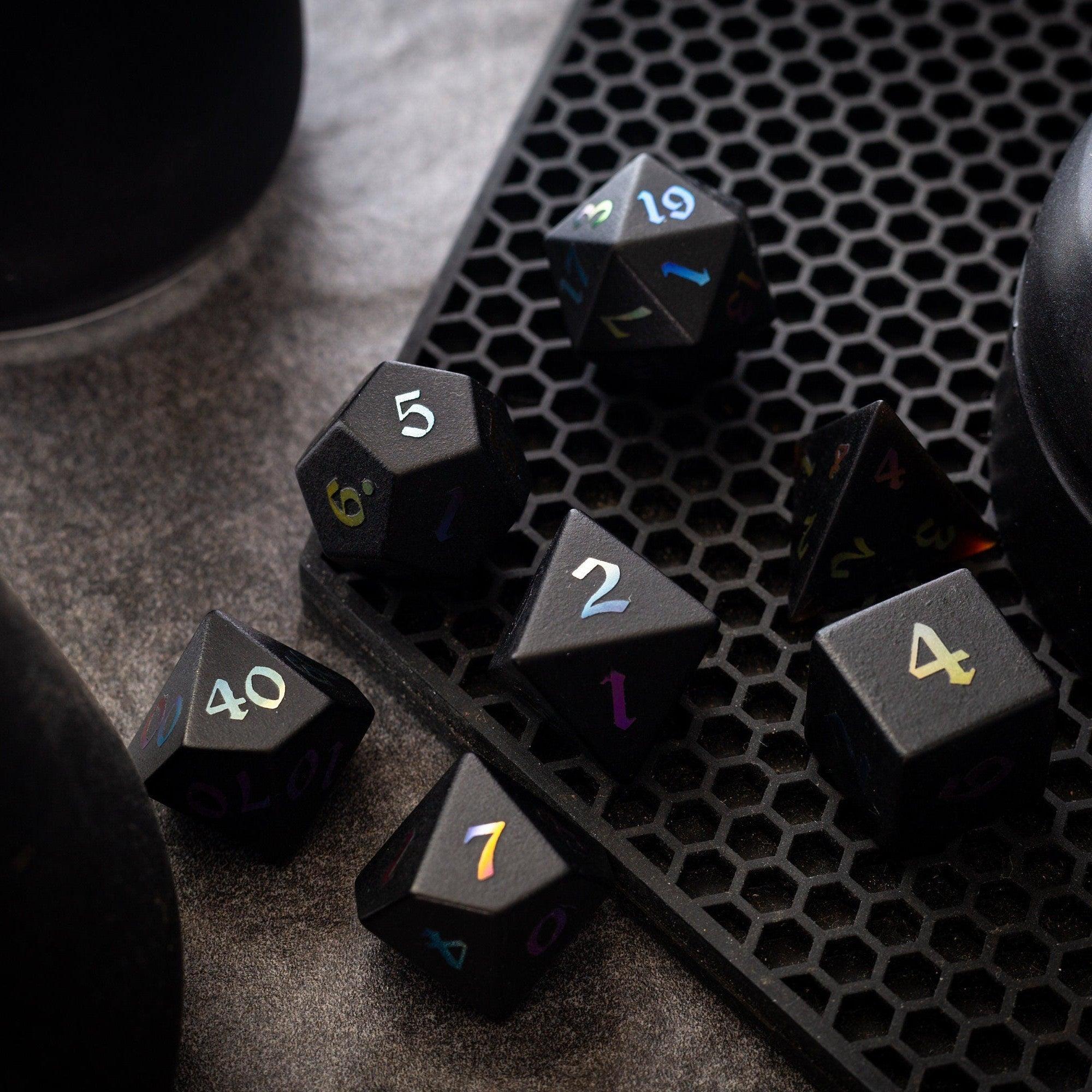

Leave a comment
This site is protected by hCaptcha and the hCaptcha Privacy Policy and Terms of Service apply.